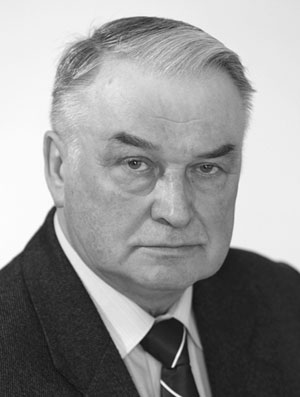Structure of Psychophysical Condition of Senior Preschool Children with Signs of Physical and Motor Aptitude
Фотографии:
ˑ:
E.A. Zemskov, professor, Ph.D.
E.S. Kolesnikova, postgraduate
Moscow City Pedagogical University, Moscow
Key words: psychomotor aptitude, physical potential, motor potential, relationship of parameters, structure of psychophysical condition.
Physical perfection is the basic function of the system of physical education of preschool children. Purposeful motor activity contributes to child's health improvement, development of physical qualities, motor area and intelligence. Together, they determine the individual's psychophysical condition with psychomotor aptitude as one of its features.
A child with signs of psychomotor aptitude proves himself in the high interest in active physical culture and sports activity aimed at the comprehensive development of physical qualities and the formation of abilities to use physical potential while learning the program material on physical culture and new sports moves.
Despite the great number of studies related to the justification of the effectiveness of health promotion technologies in preschool educational institutions, the structure of the psychophysical condition of children, showing good results in sports has not been fully studied so far.
The purpose of the study was to determine the structure of the psychophysical condition of preschool children with signs of psychomotor aptitude.
Thanks to the analysis of the relationships of indicators of physical and motor potentials with the result of the competition, the structure of the psychophysical potential of preschool children with signs of motor aptitude was studied in more details.
Generally, accordin to the correlation analysis, the psychophysical body condition of boys and girls with signs of motor aptitude is to a large extent determined by the motor potential. The influence of the physical potential on the achievement of a common result is stronger among girls rather than boys.
References
- Balsevich, V.K. Physical culture for all and for everyone / V.K. Balsevich – Moscow: Fizkul’tura i sport, 1988. – 208 P., illust. (In Russian)
- Berzarina, N.O. Optimizing the diagnostics and correction of psychomotor development of preschoolers / N.O. Berzarina // Modern issues of children's health protection in preschool educational institutions: Proceedings of the All-Rus. theor.-pract. conf. (Moscow, November, 1-2 2011) – Moscow: SCCH RAMS, 2011. – P. 29-31. (In Russian)
- Bernstein, N.A. Physiology of movements and activity / N.A. Bernstein; ed. by O.G. Gazenko. – Moscow, 1990. (In Russian)
- Gurny, V.B. Theory of intellectual development / V.B. Gurny. – Moscow: Dom Pedagogiki, 2006. – 96 P. (In Russian)
- Kolidzey, E.A. Child's personality-centered development / E.A. Kolidzey. – Moscow, 2006. (In Russian)
- Kuteynikov, A.N. Mathematical methods in psychology: study guide. / A.N. Kuteynikov. – St. Petersburg: Rech, 2008. – 172 P. (In Russian)
- Lubysheva, L.I. Sports education as a basis for the formation of personal sports culture / L.I. Lubysheva // Teoriya i praktika fizicheskoy kultury. – 2012. – № 6. – P. 96–99. (In Russian)



 Журнал "THEORY AND PRACTICE
Журнал "THEORY AND PRACTICE